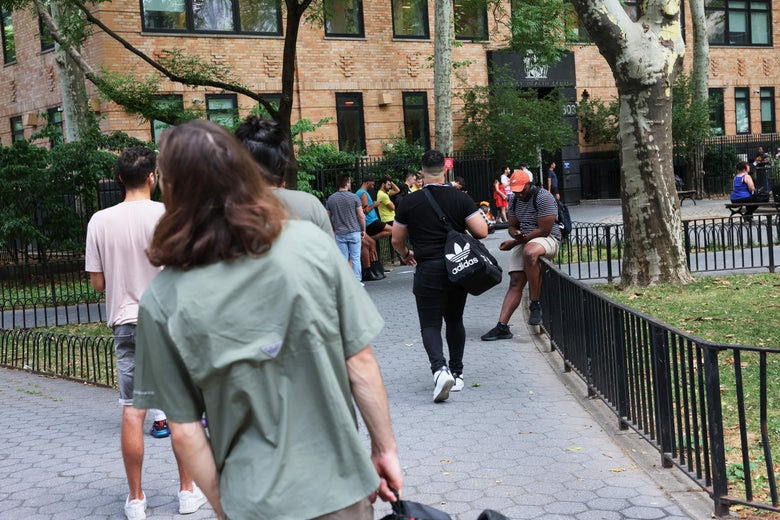The emergency meeting will assess epidemiological indicators as the situation has worsened in recent weeks, with more than 14,500 cases now reported in 70 countries, according to U.S. health officials (CDC).

“Regardless of the Committee’s recommendation, WHO will continue to do everything possible to stop monkeypox and save lives,” said Tedros Adhanom Ghebreyesus, WHO Director-General, at a press conference on Wednesday, 20 July.
On June 23, the majority of experts had already recommended to Dr. Tedros not to declare a public health emergency of international concern.
Spotted at the beginning of May, the unusual upsurge of monkeypox cases outside the countries of Central and West Africa, where the virus is endemic, has since spread throughout the world, with Europe at its epicenter.
First discovered in humans in 1970, monkeypox is less dangerous and contagious than its cousin, smallpox, eradicated in 1980.
The majority of cases are men who have sex with men, are relatively young and live mostly in cities, according to WHO.
On Monday, July 18, the European Centre for Disease Control and Prevention (ECDC) counted 7,896 infections with the monkeypox virus.
In Europe, Spain is the most affected, with 2,835 cases, followed by Germany (1,924), France (912), the Netherlands (656) and Portugal (515), with the majority of cases involving “groups of men having sex with men aged 18 to 50 years”.
Excluding Africa, “99% of the reported cases are men,” said Dr. Rosamund Lewis, WHO’s lead expert on monkeypox, on Wednesday, July 20, and 98% of them are “men who have sex with men, and mainly those with multiple recent, new or anonymous partners.”
“The community that is currently infected is one of the most committed, powerful and responsible communities we have, one that has worked so hard for years to control an even deadlier virus” (HIV) and has the “full confidence” of WHO, WHO emergency chief Dr. Michael Ryan said Wednesday.
WHO is working closely with civil society and LGBTQI+ communities to facilitate disseminating information about the disease, especially given the organization of summer festivals and pride marches.
“These are important celebrations of identity: it is also very important that these places, events and activities share information so that people protect themselves,” Dr. Lewis added.
WHO is working in parallel with member states and experts to advance research and development around the virus.
“Although we are seeing a downward trend in some countries, others are still facing an increase, and six countries have reported their first cases in the past week,” said Dr. Tedros.
“Some of these countries have much less access to diagnostics and vaccines, which makes the outbreak of cases harder to track and stop,” he added that vaccine supplies are scarce.
Danish-based Bavarian Nordic, the only laboratory producing a licensed monkeypox vaccine, said Tuesday it had received an order for 1.5 million doses, mostly delivered in 2023, from an unnamed European country, while the United States has ordered 2.5 million doses.



Comment here